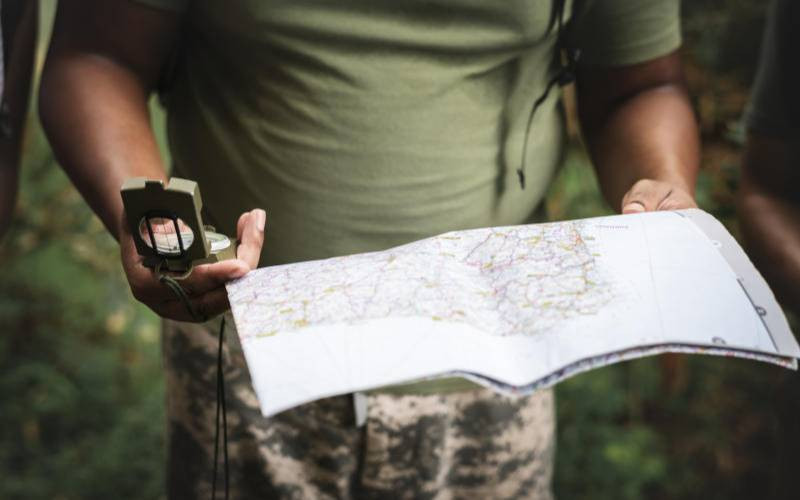×
The Standard e-Paper
Fearless, Trusted News

Land remains one of the most emotive and contested issues in the making of modern Kenya.
For the business and political classes, it represents power, while for many others land is a source of pain due to dispossession resulting in poverty and squatter problems.